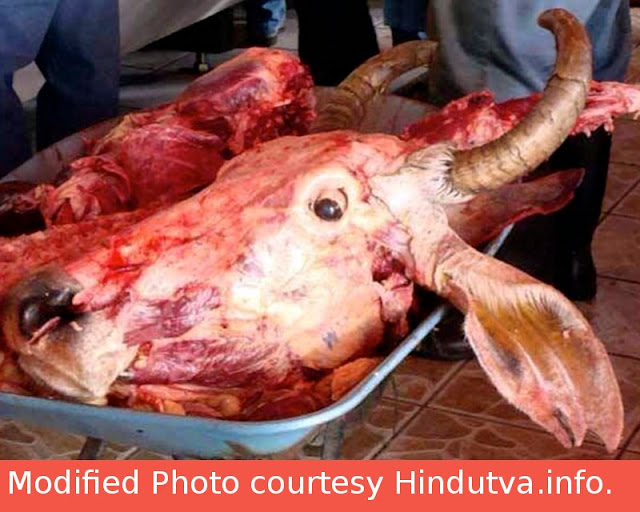#039, Now this tremendous regulation of law is there
Swami Vivekananda in his Complete Works consisting of nine volumes does not anywhere mention anything about Karl Marx or Marxism. A person who professes to think day and night about the ways of serving the poor (called "daridra Narayan") does not think it fit enough to mention even a word about Karl Marx, his Communist Manifesto.
At about five places he makes a mention about socialism but nothing about social ownership of productive assets is discussed.
VIVEKANANDA THEORY: SPEECH
Swamy Vivekananda's speech "Buddhist India" at Shakespeare Club, Pasadena, California, on 2nd Feb. 1900:
*Swamiji's socialism is concerned only with surrender of an individual to the caste system which is unjust. He is worried about the tyranny of the priests over Sudras. (There is no doubt that Sudras and the casteless have been oppressed. They deserved equal rights. For that a prerequisite is: 'land and productive assets are to be made available to the entire society consisting of all castes'. In other words there cannot be simple social revolution without an economic and political revolution, violent/non-violent. - this writer). Swamiji is not worried about the land-ownership patterns or wealth and income ownership/distribution system, or consumption patterns.
VIVEKANANDA PRACTICE
*Pl. see post #... for the rules imposed by Swamiji for use at Alam Bazar Math. But he imposed rules, some very odd and infringing with freedom of individuals and not beneficial to the Math or monks. On 27th April 1896, writing from Reading, UK, he sent rules for the Alambazar Math. Rule No. 6 says:
BLOGGER'S VIEWS
Fixed hours of meals OK, otherwise serving becomes a problem. But then why should there be a rule for a seat and dining table? Can't a monk eat on floor, if he wants to? Why should a monk follow Rajputana custom in Bengal? Where did the Swamiji's individualism go?
At about five places he makes a mention about socialism but nothing about social ownership of productive assets is discussed.
VIVEKANANDA THEORY: SPEECH
Swamy Vivekananda's speech "Buddhist India" at Shakespeare Club, Pasadena, California, on 2nd Feb. 1900:
"...The more of law you make, the more of police and socialism, the more of blackguards there are. Now this tremendous regulation of law [is] there. As soon as a child is born, he knows that he is born a slave: slave to his caste, first; slave to his nation, next. Slave, slave, slave. Every action - his drinking and his eating. He must eat under a regular method; this prayer with the first morsel, this prayer with the second, that prayer with the third, ... "
*Swamiji's socialism is concerned only with surrender of an individual to the caste system which is unjust. He is worried about the tyranny of the priests over Sudras. (There is no doubt that Sudras and the casteless have been oppressed. They deserved equal rights. For that a prerequisite is: 'land and productive assets are to be made available to the entire society consisting of all castes'. In other words there cannot be simple social revolution without an economic and political revolution, violent/non-violent. - this writer). Swamiji is not worried about the land-ownership patterns or wealth and income ownership/distribution system, or consumption patterns.
VIVEKANANDA PRACTICE
*Pl. see post #... for the rules imposed by Swamiji for use at Alam Bazar Math. But he imposed rules, some very odd and infringing with freedom of individuals and not beneficial to the Math or monks. On 27th April 1896, writing from Reading, UK, he sent rules for the Alambazar Math. Rule No. 6 says:
"6. There should be fixed hours of meals. Everyone must have a seat and a low dining table. He will sit on the former and put his plate on the latter, as is the custom in Rajputana. ..."
BLOGGER'S VIEWS
Fixed hours of meals OK, otherwise serving becomes a problem. But then why should there be a rule for a seat and dining table? Can't a monk eat on floor, if he wants to? Why should a monk follow Rajputana custom in Bengal? Where did the Swamiji's individualism go?



Comments